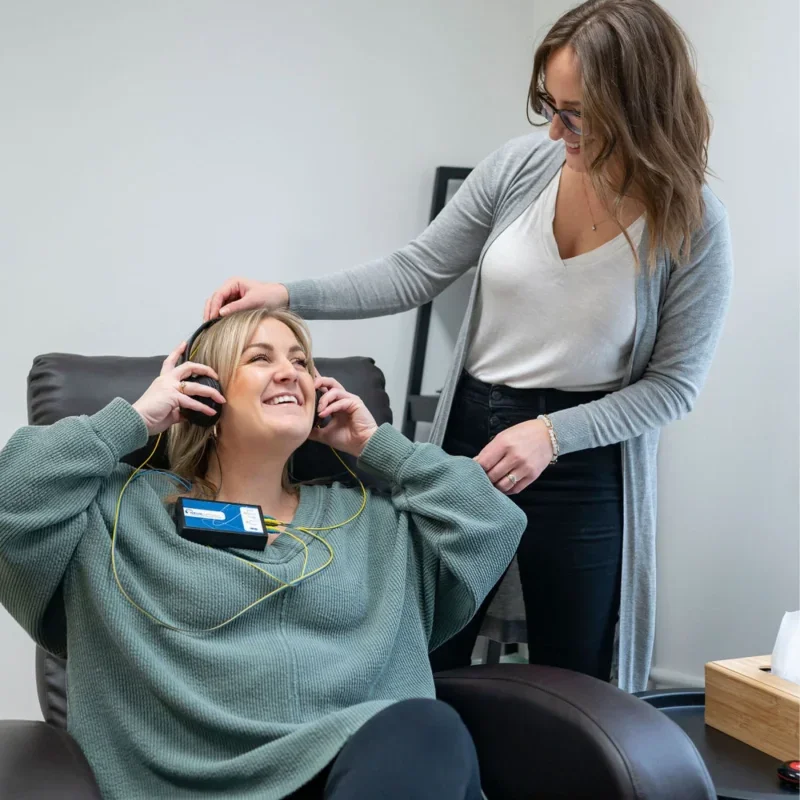ADHD & Neurodiversity
Everyone’s brain works in a unique way. Some people are more focused in quiet spaces, while others thrive with movement and energy. These differences are part of something called neurodiversity. ADHD (Attention-Deficit/Hyperactivity Disorder) is one example of a neurodivergent condition — and it’s more common than you might think.
Having ADHD doesn’t mean something is wrong. It just means your brain is wired differently. Many people with ADHD are creative, full of ideas, and fast thinkers — they simply process the world in their own way.
Understanding ADHD
ADHD can affect how a person focuses, stays organized, and controls impulses. It can show up in childhood or adulthood and may look different for everyone. Some people may feel distracted and forgetful, while others may feel restless or overwhelmed.
At the same time, people with ADHD often bring incredible strengths — like creative problem-solving, high energy, and strong passion for topics that interest them.
Types of ADHD
ADHD is generally grouped into three types:
Inattentive Type
Trouble focusing, forgetting steps, or appearing distracted. This type is sometimes missed, especially in adults.Hyperactive-Impulsive Type
Constant motion, talking a lot, or acting quickly without thinking things through.Combined Type
A mix of both inattentive and hyperactive-impulsive traits.
Everyone’s experience with ADHD is different — and that’s why tailored support is so important.
What is Neurodiversity?
Neurodiversity is the idea that brains work in different ways — and that these differences are natural and valuable. Instead of seeing conditions like ADHD, autism, or dyslexia as problems to fix, neurodiversity sees them as part of human variety.
People who are neurodivergent often have unique strengths and perspectives. The key is learning how to support those differences so individuals can thrive in their own way.

Challenges People Face
Living with ADHD or being neurodivergent can come with challenges. Some people may:
Struggle to stay organized or on schedule
Feel overwhelmed in busy or loud settings
Have trouble finishing tasks or remembering details
Feel misunderstood by others
Experience low self-esteem from years of feeling “different”
These struggles can affect work, school, relationships, and daily life. But with the right support, it becomes easier to manage — and to recognize your strengths.
Finding the Right Fit Matters
Starting therapy is a personal journey, and finding the right therapist can make all the difference. That’s why we offer a free 15-minute intake call before your first session. During this call, our intake coordinator will learn more about your needs and help you find a therapist who’s the right match — based on your goals, preferences, and comfort.
Whether you’re navigating life with ADHD, seeking clarity about your neurodiversity, or just looking for someone who truly “gets it” — we’re here to help.
You don’t have to figure it out alone. We’ll guide you every step of the way, so you feel supported and understood from the beginning.
DID YOU KNOW




